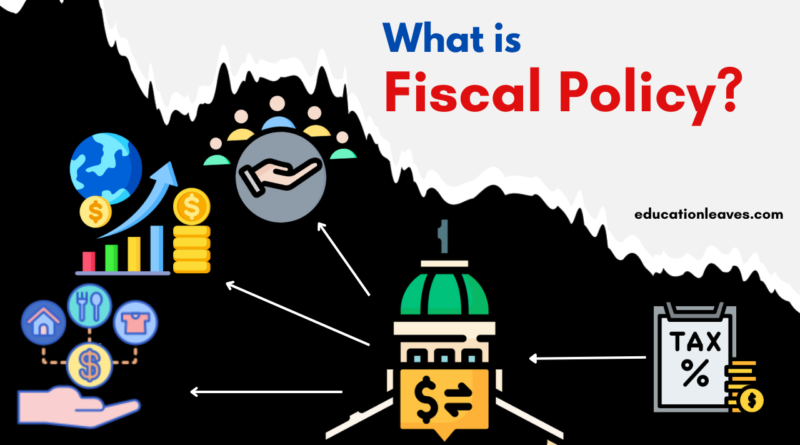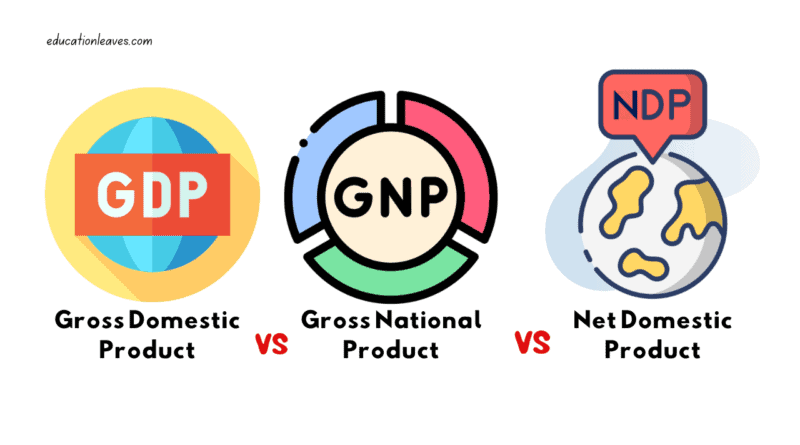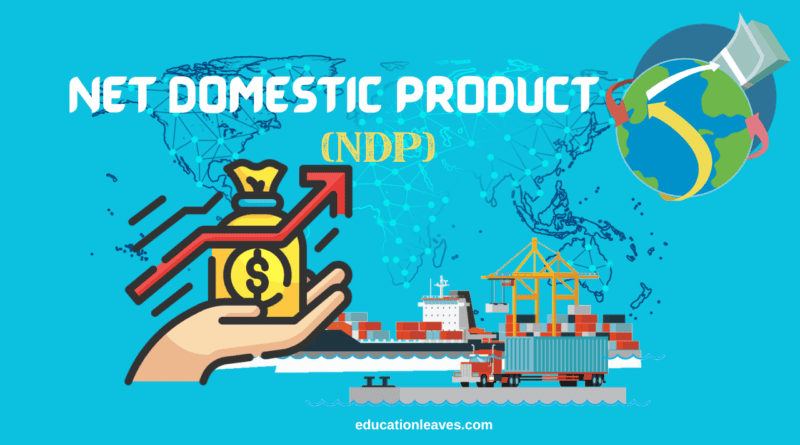Who are the Barefoot Entrepreneurs? Why They Struggle to Succeed?
The term “barefoot entrepreneur” evokes a distinct image: resourceful individuals operating small businesses outside the formal regulatory and tax frameworks. They navigate the bustling streets, dusty markets, and vibrant communities of the informal economy, driven by the desire for self-reliance and economic opportunity. These entrepreneurs, often overlooked in traditional economic models, play a crucial role in providing essential goods, services, and employment, particularly in developing countries.
Read More









